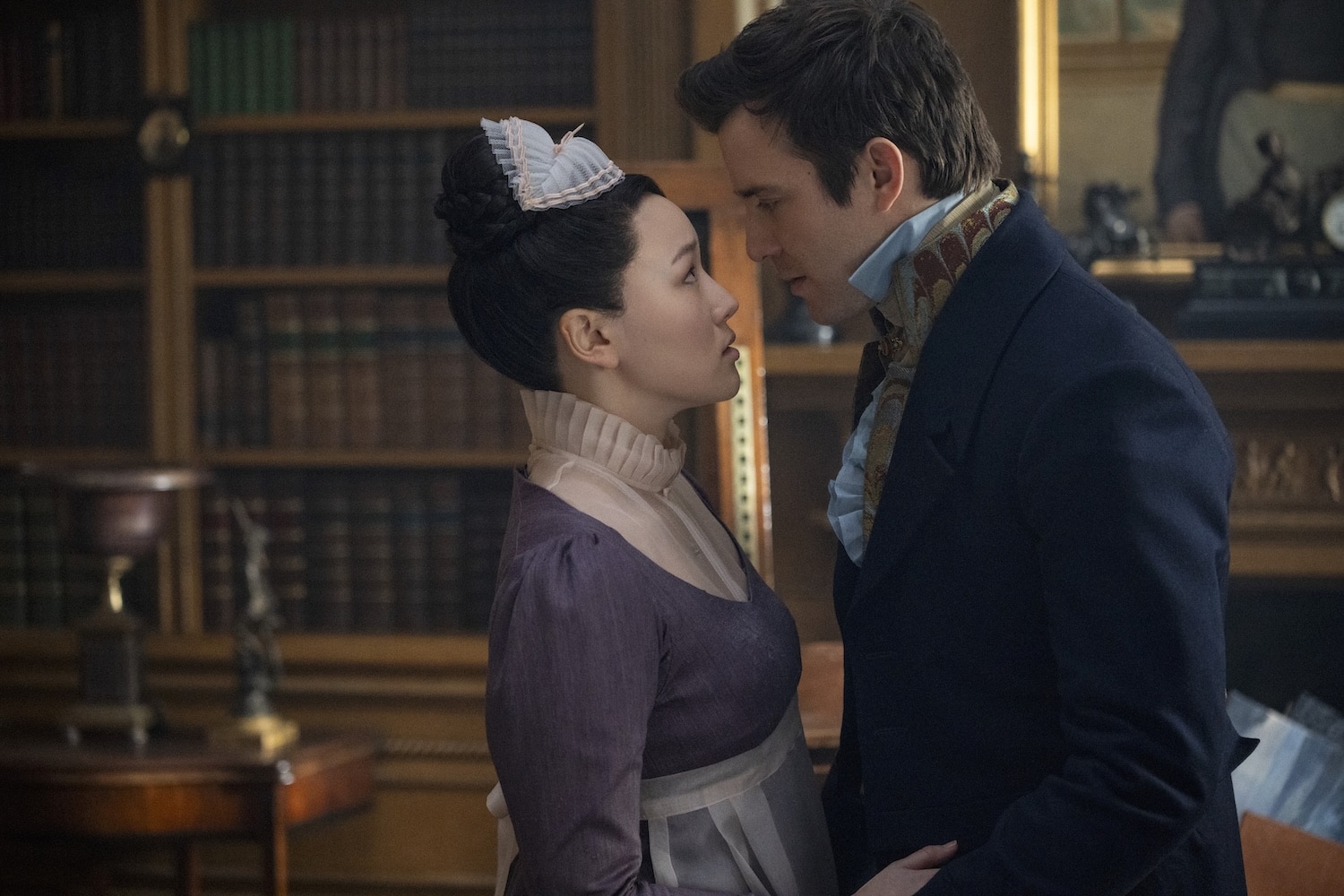Samantha Quan’s victory at the Oscars for producing Anora alongside her husband, director Sean Baker, marks a significant moment, placing them among the rare married couples to win the Best Picture award. Quan, in her acceptance speech, described the film’s journey as “incredible, impossible,” highlighting the film’s modest $6-million budget and its unexpected triumph over larger productions.
“We made this film with very little money but all of our hearts,” Quan stated, emphasizing the film’s independent spirit. “To all of the dreamers and the young filmmakers out there: tell the stories you want to tell. Tell the stories that move you. I promise you, you will never regret it.”
Quan and Baker’s win follows the previous year’s success of Christopher Nolan and Emma Thomas for Oppenheimer, continuing a trend of married couples achieving the top prize. They join a select group that includes Julia and Michael Phillips for The Sting (1973), Richard and Lili Fini Zanuck for Driving Miss Daisy (1990), and Fran Walsh and Peter Jackson for The Lord of the Rings: The Return of the King (2004).
Read more: Conan O’Brien’s Speaks Chinese at Oscars, Sparks Mixed Reactions
Anora, a dramedy about a Brooklyn sex worker, received five Oscars, including Best Original Screenplay, Directing, and Editing, alongside Mikey Madison’s win for Best Actress. Quan has emphasized the film’s intention to “destigmatize” sex work, citing extensive research and conversations with sex workers. “Sex work is work,” she asserted, aiming to shift public perception and prioritize safety within the community.
“I don’t know how this can be real life. This is really an incredible, impossible journey for the past 10 months,” Quan said, acknowledging the overwhelming nature of their success. She also expressed that “It can get a little overwhelming because what’s happening now is even bigger than the dreams I ever imagined.”
The film’s win is seen as a victory for independent cinema, contrasting with the previous year’s dominance of the large-budget “Oppenheimer.” Quan’s comments to The Canadian Press prior to the event reflected this sentiment, describing the film’s Oscar run as “wonderful and discombobulating,” given its small scale.











